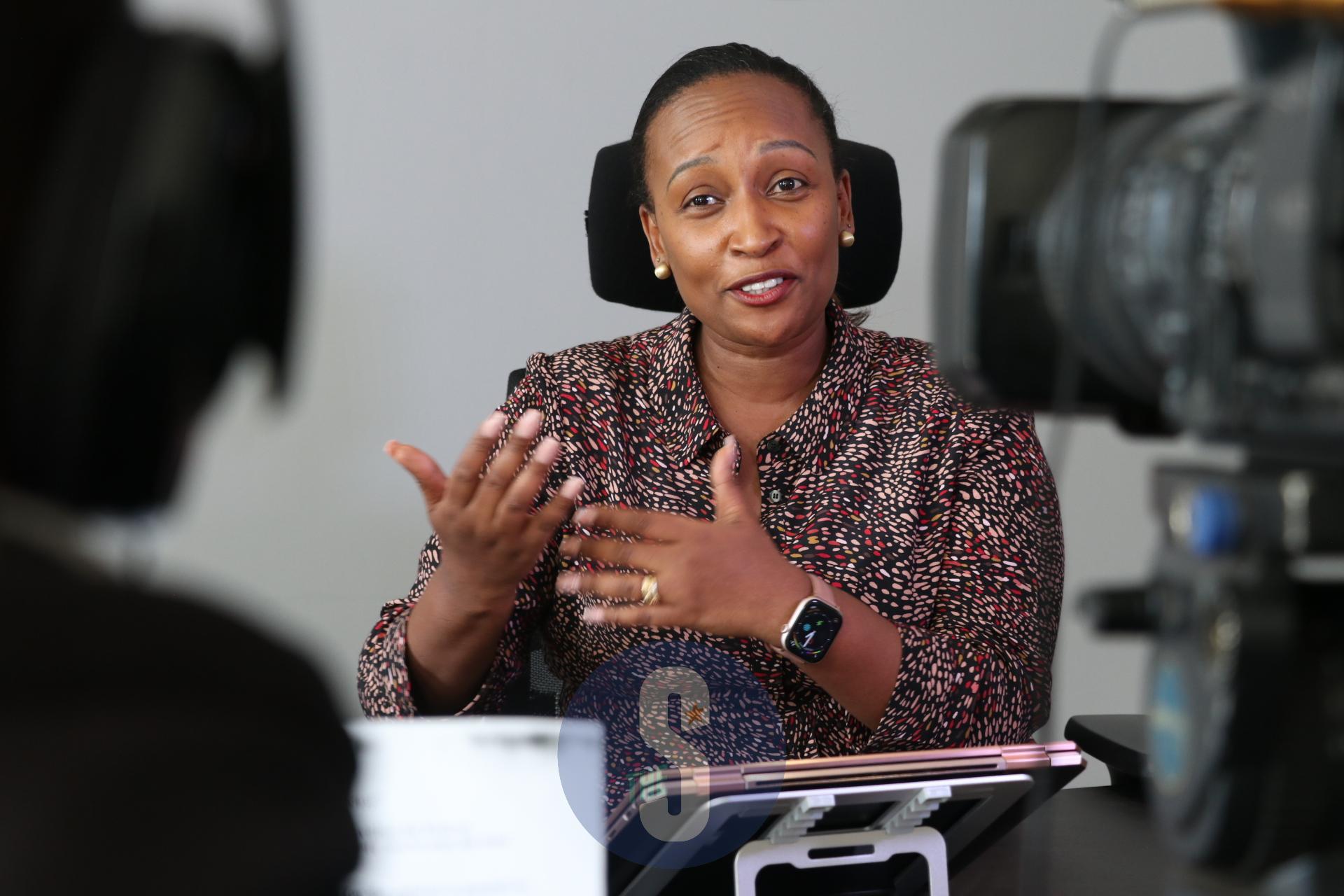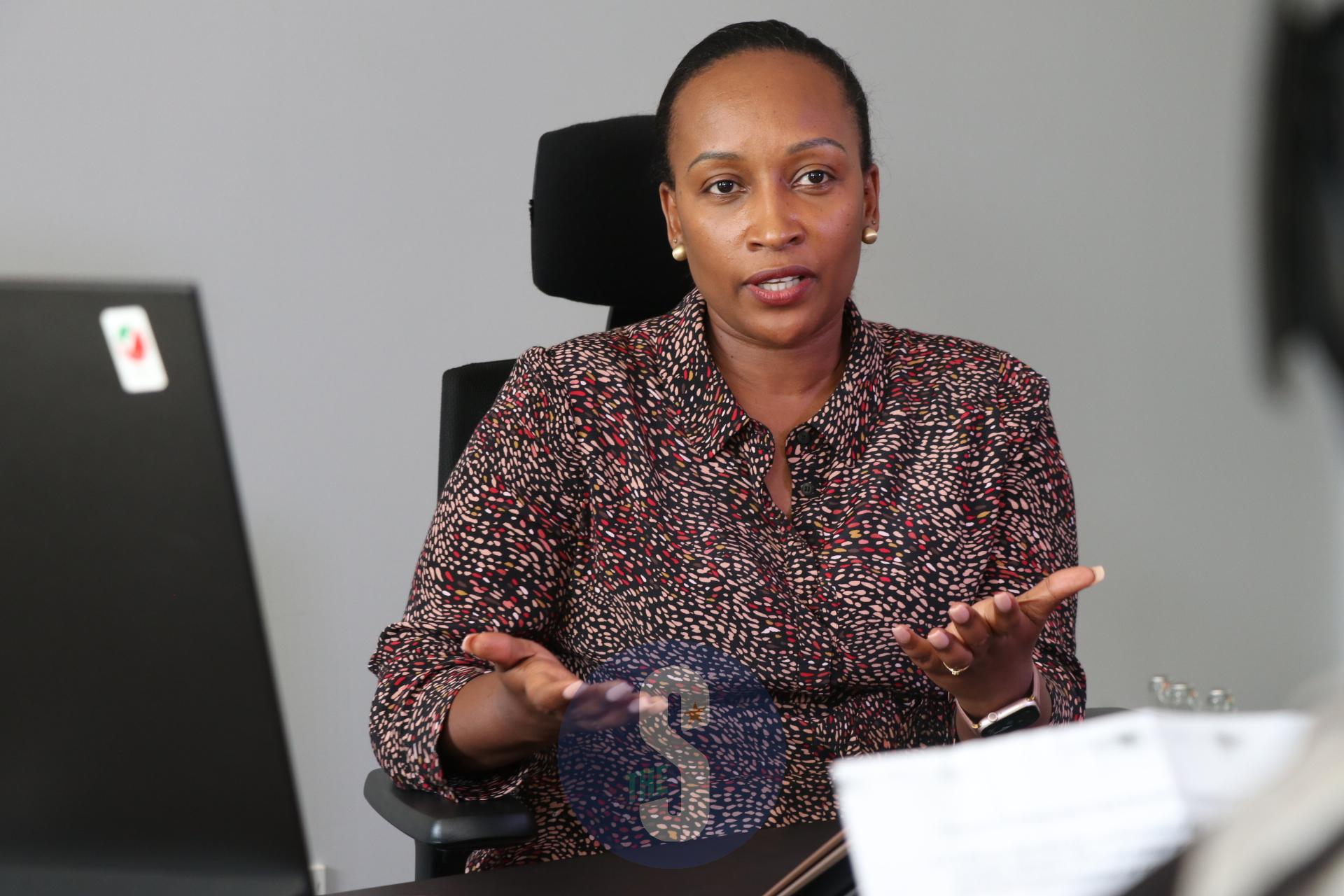

As Artificial Intelligence technology continues to advance, it is significantly impacting the services provided at health insurance facilities.
Using AI-powered algorithms and systems, these facilities can efficiently handle large amounts of data and streamline processes.
This results in a faster and more accurate service for customers.
AI is also enhancing the overall customer experience by providing personalised recommendations and predictions based on individual health data.
This not only helps insurance companies tailor their offerings to each customer's specific needs but also allows for better risk management and cost-effective decision making.
With the integration of AI, health insurance facilities can provide their customers with enhanced services, leading to improved satisfaction and overall better health outcomes.
At Jubilee Health Insurance, the implementation of AI has not only been helpful but also made the services efficient for their customers.
To understand how AI has impacted the insurance industry, the Star sat down with Jubilee Health Insurance CEO and Principal Officer Njeri Jomo.
Jomo said AI adoption in the Kenyan insurance industry is in the early and quite promising stages, with a lot of exploration as to what it could be of use.
“AI in Kenya is still early in terms of trying to identify the use cases for it. For the industry, it is promising in terms of how we are using it, but now we expect to see a lot more traction in the coming years,” she said.
Jomo said health insurance accounts for about 30 per cent of the total claims cost in terms of fraud, waste and abuse.
According to her, they are using AI to identify the cases early to prevent further losses and enhance efficiency.
She said health insurers use machine learning technology, terming it as impactful in their field of work.
“We are having a lot of conversations on moving from curative to preventative care. Are we likely to identify a customer who is more likely to end up with one lifestyle disease or the other? Can the disease trend point to something that we may be concerned about? That is how we want to support our customers. Machine learning is a big conversation for us,” she said.
According to the Jubilee boss, advancement in technology and the use of AI allows them to be there for customers while they are in the hospital for various reasons.
Jomo said they use machine learning interchangeably with chatbots to engage their customers.
She, however, added that they use AI cautiously without losing the human touch, since health insurance still needs one to speak to a human being.
“We receive a lot of paper invoices, paper documentation for those providers who are yet to adopt technology and would like to leverage it to pick up information for us and convert it to usable formats that can be processed through our systems,” she said.
Jomo said that at Jubilee Insurance, they utilise AI for a faster turnaround in claims for customers to settle with the providers on time.
She added that for health insurance, the company does not pay the customer, but they use a card to access credit facilities and later pay the service provider.
Jomo said at Jubilee, they can pay providers as early as 21 to 30 days, which is almost on cash terms.
“When we discuss credit, we're discussing 90 days plus, but we're able to do that for them, and we've seen quite some great engagements there. The customer can have a faster turnaround time in terms of the settlement to the provider, and therefore, the provider is then able to serve them properly. That is the one, the wonderful thing,” she added.

With AI, they can adjudicate every single claim down to the most identifiable unit.
The insurance firm can identify the bank where the medicine is packed. If they were inpatient and they can tell how much they spent on the gloves.
“All of these costs end up as claims in the customer's bill, and therefore, when they come in for renewal and in future, it has an impact on the cost of the insurance. If they end up with billings that are excessive in some cases that are not theirs, then you find that renewal, they're paying higher and higher premiums, which is not justified.
"So we spend a lot of time adjudicating the claims, and the AI is great for that, because in a matter of milliseconds, you're able to tell what should be billed or otherwise.”
Jomo said as much as leveraging AI has helped ease work for them, it has its fair share of challenges.
One of the challenges is data limitation, where stored data is untidy, and they are forced to clean up to get coherent data that can speak.
“A lot of aspects on data limitation in terms of the cleanliness of that data and to then invest a lot of time cleaning up a lot of this legacy data so that it's able to be used for the purpose that it's intended for,” she added.
According to Jomo, unregulation, talent and utilising AI are other challenges they experience as an insurance company.
She said they use a human first glance when looking at the decisions the system has made and focus on creating models that avoid bias.
“As we adopt these models, we always make sure that we apply a human first glance in that a lot of the outcomes go through quality assurance to check samples and see, we are seeing the same outcomes? What are we seeing? And are they consistent with what would have happened?”
She added that AI systems have to be trained based on diverse data sets to ensure they do not give a skewed outcome.
Jomo said AI will provide an opportunity for personalisation, which will be critical in efficiency as organisations evolve.
“We are finding organisations wanting to be leaner to provide value. AI will present opportunities for efficiency. I see an opportunity because it consolidates a lot of great learning opportunities. You can imagine the wealth of knowledge you can create with all the learning models,” she said.
“Health insurance is big on outcomes. It is about ensuring that you're able to look at this client's health trends, health data, look at what you've seen in a similar demographic, you're able to see that a client keeps picking up this or that. With technology and with AI, we can create more predictive models to inform either how we approach the market better.”
Jomo added that they create their AI internally to boost innovation and development, and also partner with other third-party providers.
“Whatever we cannot get off the shelf, in most instances, we will attempt to design internally where we have the capability, or where we think there's an opportunity to tweak as well.”
She, however, said they rarely consume AI from third-party providers the way they are.
 Jubilee Health Insurance CEO Njeri Jomo on May 23, 2025/ LEAH MUKANGAI
Jubilee Health Insurance CEO Njeri Jomo on May 23, 2025/ LEAH MUKANGAIJomo said AI, like any innovation, will require some form of guardrails to manage what it can do.
“There is a need for guardrails. What we see the regulator has done is taken an approach to understand the possible use cases that we want to use it for. Today, they are working with us to understand this is what we're using it for and the likely exposures thereof,” Jomo said.
“We expect to see regulation begin to move in this direction over time. An innovative space is in early adoption for our industry, and we are getting quite a bit of support from the regulator in terms of them wanting to understand how we use it, making sure that there's no bias and it's not impacting the consumer negatively.”
She hopes the move doesn't stifle innovation, but is conscious that there will be an area that will see regulation, more deliberate, more enhanced in one form or the other.












